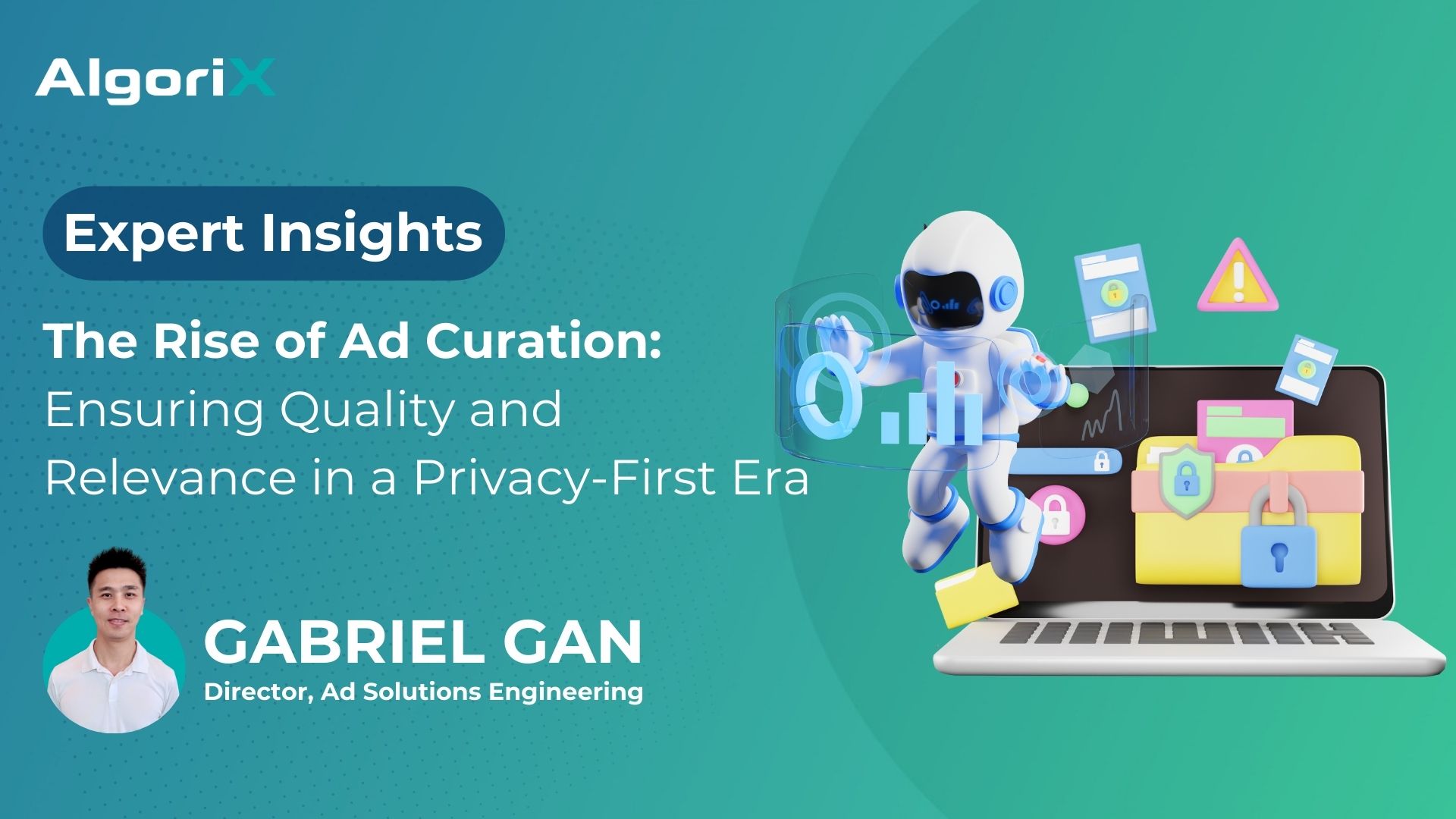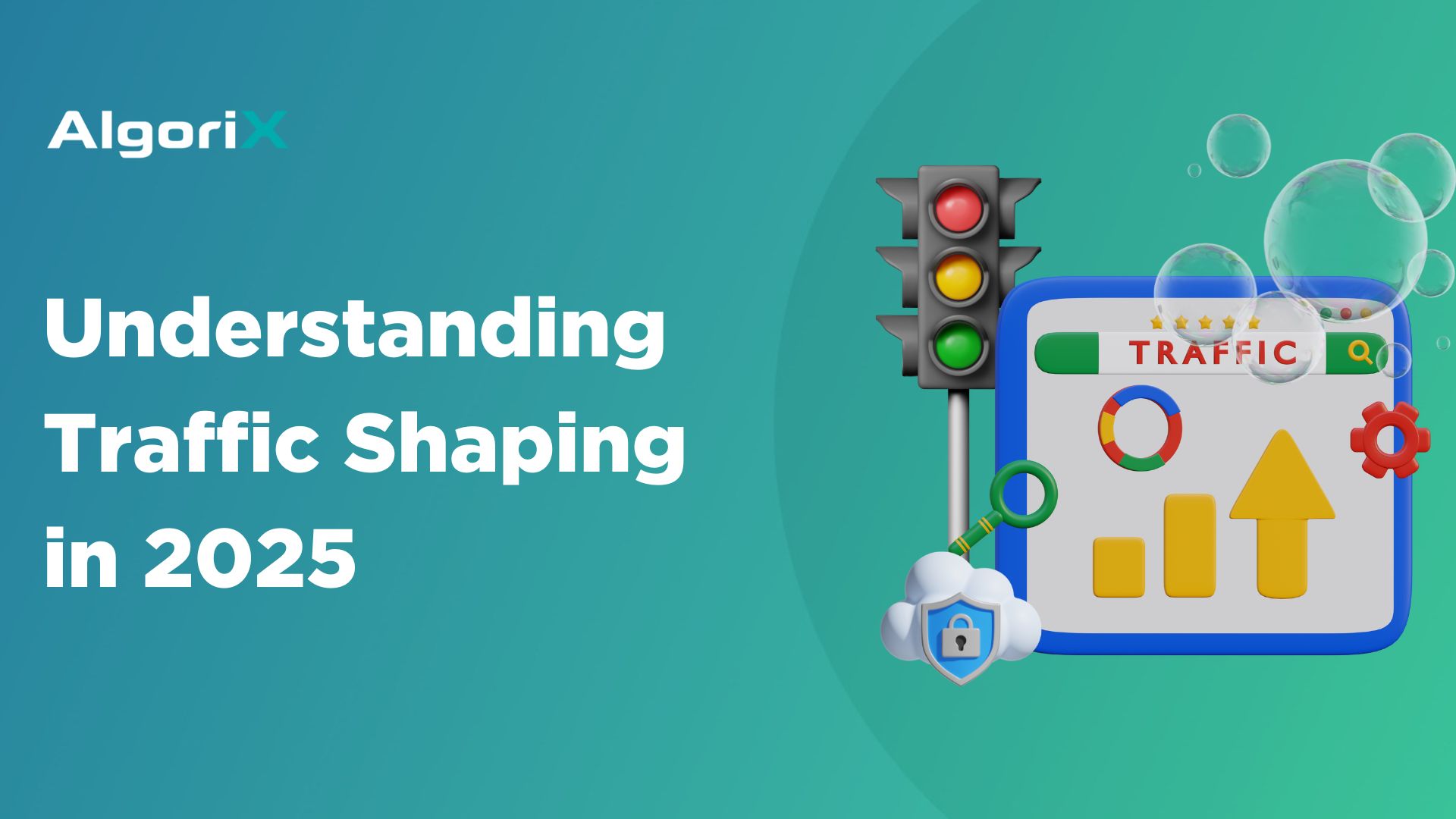The demise of third-party cookies on Chrome has long been the subject of much discussion in the marketing and advertising industry since Google announced it January of 2020. While it was slated to become a thing of the past this year, it seems like the search engine giant is giving more leeway for advertisers to adjust by delaying it to 2023. The announcement followed Apple’s decision to block access to third-party cookies.
With major browsers ditching third-party cookies, what does it mean in terms of privacy?
For consumers and privacy watchdogs, it’s a welcome development. For small publishers and advertisers, not so much. Since they’ve relied heavily on third-party data for so long, it might be challenging and not to mention costly for them to adjust their strategies to target their audience more accurately.
However, most fail to see that the end of third-party cookies doesn’t equate to the end of user tracking. Tracking and targeted advertising are still possible with first-party cookies. How?
First, let’s look into third-party and first-party cookies and their differences.
What are Third-Party Cookies?
Third-party cookies refer to the files that contain data, like username, passwords, and IP addresses that identify your device when you access a computer network. Domains create these cookies to identify you and help improve your browsing experience. Often, they collect this information to help them target their online advertising strategies. These cookies become accessible on any website that uses the third-party server’s code.
For example, when you visit Amazon. As you browse through several products and click on the items, the system recognizes this and stores that data. When you go out of the Amazon shop, you’ll see other ads that show similar items previously clicked because your browsing history showed your preference for that particular product. This is why you’ll notice similar ads even if you visit other websites. The tracking data is still present on the computer even after closing your browser.
What are First-Party Cookies?
First-party cookies, on the other hand, are stored by the websites you visit. The cookies let web admins collect data and use the information to improve the user experience. Using the Amazon example, first-party cookies save your username and password so the next time you visit the shop, they won’t have to ask you to sign in again. If you choose to block first-party cookies, the website will ask you to sign in every time you visit.
In a sense, first-party cookies are good because they benefit you, the user.
The Future of Advertising with First-Party Data
With the looming depreciation of cookies and privacy regulations, advertisers and publishers have their backs against the wall. While many took a wait-and-see approach, some have taken the initiative of using first-party data to power their advertising strategies. Take the case of Guardian. With more than 8.8 million daily readers, the publication revealed that first-party data had given their company an average brand lift of 65%.
From a brand perspective, most have been using first-party data. They have just relied heavily on third-party data. Using first-party data sure needs a ton of heavy lifting, but the efforts are worth it when you see the results it can deliver. Advertisers and publishers should start understanding customer profiles, developing, and mapping them out. This way, it’s easier to match them with aggregate data that serves their interest. After all, first-party data is the most accurate way to target audience online.
Moving your campaign measurement from click-through rates to interest-based engagement is the best way to leverage first-party data, and this is where working with ad tech agencies with known expertise in measurement comes in.
Maximize your reach with first-party data. Learn how we can help. Contact us now!













